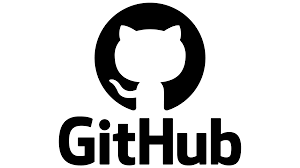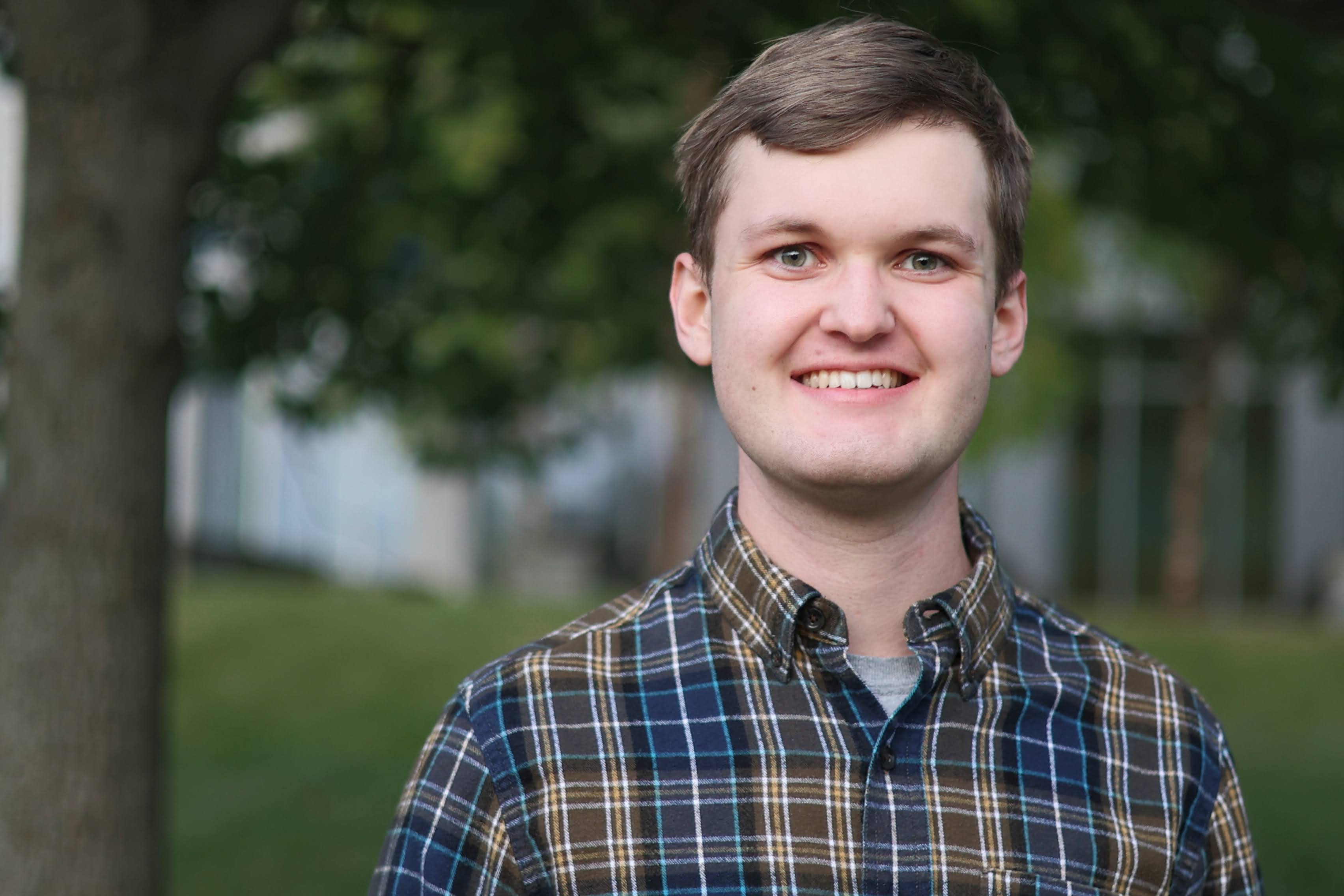About
Hi, my name is Will Procter and this is my first GIS repository for GIScience at Middlebury College. You can reach me at wprocter@middlebury.edu
Here is an image: 
Acknowledgement of the open science honor code:
##General Principles
Sharing & Collaboration
- Be willing and open to collaborate and share resources with others.
- Work to create an atmosphere of “we’re all in this together” — willingness to both offer and ask for support should be lauded
- Overcoming stigma about asking for assistance to model real-world interactions in this open-source field by having a platform available to resolve issues when we get “stuck”
- Implicit consent, as a class there should be an underlying trust that we should be able to use others code/tools without directly asking
- Many suggestions for a collaborative communication channel.
- GitHub has an Issues feature to share problems and solutions.
- Open to suggestions on using other channels, but whatever you use should be inclusive.
Citation and documentation of work
- In collaboration, document what you contribute/what others contributed. Giving credit helps lift everyone up.
- Thorough documentation of where help was given/received and where it came from in workflow (including both peers and other external sources)
- “Cite your sources”, thoroughly! Especially related to collaboration with peers
- A key takeaway from this class should be learning how to attribute collaboration or contributions to others who help you along the way in the context of Open Source GIS.
- Citing other people’s code (specifying where in their repository you’re sourcing for)
Avoid gatekeeping.
- Conversely, welcome diverse contributions.
Regarding Blog Posts
- Later posters may react and respond to earlier students’ contributions
- This is not a required expectation, but if you do look at others’ contributions, you should link to them if they’re influencing your thought process.
- Informal citation is encouraged through inclusion of hyperlinks.
- Aim to finish writing when you’re proud of the work you’ve produced. This length may look different for different people and different topics, and that’s okay.
Regarding Reproduction/Reanalysis/Replication Projects
- Transparency and reproducibility
- For assessment: readability/clarity of code and documentation
- Documentation for reproducibility/replicability
- Citation / Acknowledgement
- Acknowledging and citing others’ work if used or referenced either by linking directly or otherwise
- Community
- Actively share helpful resources that you used with your classmates
- Building a collaborative/shared data clearinghouse
- Sharing is caring
- Be willing to share resources (code, explanations of concepts, papers, etc.) with the rest of the class
- Balance honest individual effort with collaboration
- Time divisions: time to try on your own (take a reasonable crack at it, but once you hit a wall…) → time to discuss with others/pose questions → time to finalize/ look at others’ code
- Friendly competition
- No fear of only one to two people constantly getting results 1. Even if others discover solutions first, there is always more to do in terms of organization, documentation, testing, replicating, etc.
- Options for group workflows as well as individual
- Yes, there definitely will be some collaboration by design in the analyses. This honor code statement is the product of collaborative discussion by the class in breakout groups on March 1, 2021,
